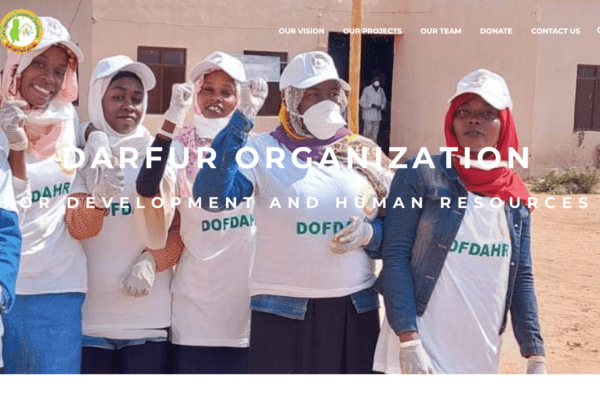Global charity intranet solution
Not-for-profit organisation modernises its web portal
egforit Software’s expertise global charity intranet solution helped this organisation use automated reminders to avoid non-compliance fines.

Executive brief
Enabling communication with our charity intranet solution
Our client provides humanitarian aid by plane to over 55 countries in America, Africa, and Asia. This work means the organisation has to keep track of hundreds of aircraft, pilots, and support staff, along with supplies. egforit Software’s digital experts designed a new staff intranet system to help the team stay in touch globally. Our charity intranet solution provided:
access in remote areas
automated compliance
widely accessible
increased organisation
Curious about how we achieved this global charity intranet solution? Read on to find out more.
The full story

The challenge
Troubling compliance issues
The current intranet system was causing the charity to pay fines due to out-of-date pilots’ licenses that weren’t being flagged. Reliance on manually checking details was time-consuming and costing the charity money that could have been spent elsewhere.
Access anywhere was also a priority — if pilots were stationed in countries with low connectivity, then they still needed to be able to access the intranet.
It was clear to our clients that upgrading the intranet would play a pivotal role in overcoming these issues.
The solution
Building an effective charity intranet solution
Due to our proven SharePoint expertise, the client chose us to build their new intranet.
Our proposal was to create a brand new intranet in the cloud. Doing this would help eliminate the compliance failures and save the charity money in the long run.
We created automated notifications for licences that were due to expire. Our SharePoint intranet developers ensured the charity could easily manage the situation and stop being fined. We also introduced a permissions system that made sure only those with the proper authority could access sensitive information.
The benefits
Unifying the workforce
The primary benefit of this SharePoint solution was allowing staff to access company information no matter where they were based.
Another benefit was the intranet’s function as a staff directory. Employees could view the organisational structure with ease and stay up to date on staff deployment.
Overall, the business benefits of this charity intranet solution were:
- saving time by automating manual tasks
- enabling connectivity anywhere in the world
- avoiding the risk of compliance breaches
Contact us for an effective intranet solution
This charity is just one of the organisations that benefit from our digital portal expertise. To find out how we can help you, check out our digital portals page.


